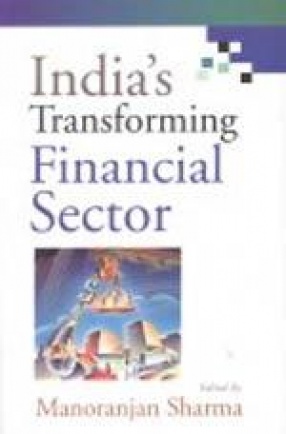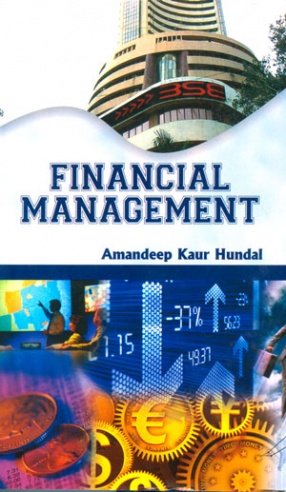India has entered the second stage of financial sector development, where market forces are helping in resources allocation and efficient price discovery process. The harmonization of regulatory institutions and devising of new financial architecture is necessary to enhance the resilience of India’s financial sector and reduce the fragility of some financial institutions. High exposure in government securities, government guaranteed loans, improper valuation of collaterals, vulnerability to interest rate cycle, still high level of NPAs, unsatisfactory corporate governance and disclosures, inadequate surveillance, stock market volatility, risk concentration and policy failure cause concern. This necessitates improving transparency and governance, resolving failure in the industrial and financial sector, de-linking government and private sector, fostering innovation, and improving the supervisory and regulatory infrastructure. Given the debilitating impact of financial sector crisis on the economy, the stability of the financial sector should be the goal of the economy. Financial stability can be strengthened by improved financial infrastructure, enhanced competition and restructured segments of financial system. Reform measures enhanced efficiency and stability of the banking system in India. Indian banks are well placed compared with their counterparts in developed countries. But there are persisting issues of removal of structural barriers to competition, privatisation of banking system, radical restructuring, downsizing of the balance sheet, recapitalisation and eventual privatisation of the financial institutions, withdrawal of quantitative credit controls and directed credit and modernisation of the payment system. The inexorable process of economic reforms must continue to slash poverty and support sustainable development while strengthening financial institutions. This overarching goal of development needs a renewed thrust on financial sector reforms. The papers included in the present book cover large areas, but all coalesce into the central theme of India’s transforming financial sector. It is hoped that the book will prove useful to a wide cross section of the reading public, including scholars and academics, the government executives, international institutions, business communities, and planners and policymakers.
India’s Transforming Financial Sector
$56.70
$63.00
In stock
Free & Quick Delivery Worldwide
All orders amounting to US$ 50 or more qualify for Free Delivery Worldwide. For orders less than US$ 50, we offer Standard Delivery at $14 per book.
ABOUT THE AUTHOR Manoranjan Sharma
Manoranjan sharma is the Chief Economist of Canara bank, the premier Bank of the country in terms of almost all parameters. Shri Sharma has a brilliant multi-disciplinary background, viz. a First Class First Master's degree in Economics and a first Class Postgraduate Diploma in Business Management (equivalent to MBA). With extensive experience in managing policy and strategic processes, he has incisively analysed different facets of the macro-economy and has proven track record in economic policy research. this is clearly reflected in about 150 works, spanning over a period of twenty years, published in leading national and international journals, books, economic newspapers, etc. of the over 15 lakh persons working in India's banking and financial sector, Shri Sharma is the only professional, whose papers, on the basis of a rigorous "double-bind review", have been repeatedly accepted for important national and international conferences. these include Global Finance Conference-Las Vegas, USA; Conference on Emerging Issues in Business and Technology-Western Illinois University, USA; Applied Business Research Conference-Walt Disney World, Farida, USA; 4th International Symposium on Economy and Business 2005, Bulgaria; International Applied business Research Conference in Puerto Vallarta, Mexico; Global Business and Economic Research Conference-Istanbul, Turkey; Conference on Money and Finance-Indira Gandhi Institute of Development Research, Mumbai; International Symposium on Development Policies and Options for the Next Millennium-IGIDR, Mumbai; Foundation Day National Seminars-National Institute of Rural Development, Hyderabad, etc. The high powered Expert Committee on Rural Credit set up by NABARD relied on many of his ideas for formulation of its views and the Bankers Institute of Rural Development, Lucknow identified him as an expert to review Research Project of the Swiss Agency for International Cooperation.
reviews
0 in total
Review by Anonymous
Be the first to review “India’s Transforming Financial Sector” Cancel reply
You must be logged in to post a review.
Bibliographic information
Title
India’s Transforming Financial Sector
Author
Edition
1st ed.
Publisher
ISBN
8126908084
Length
xlii+398p., Tables; Figures.
Subjects







There are no reviews yet.